Why is Multi Family Better than Single Family?
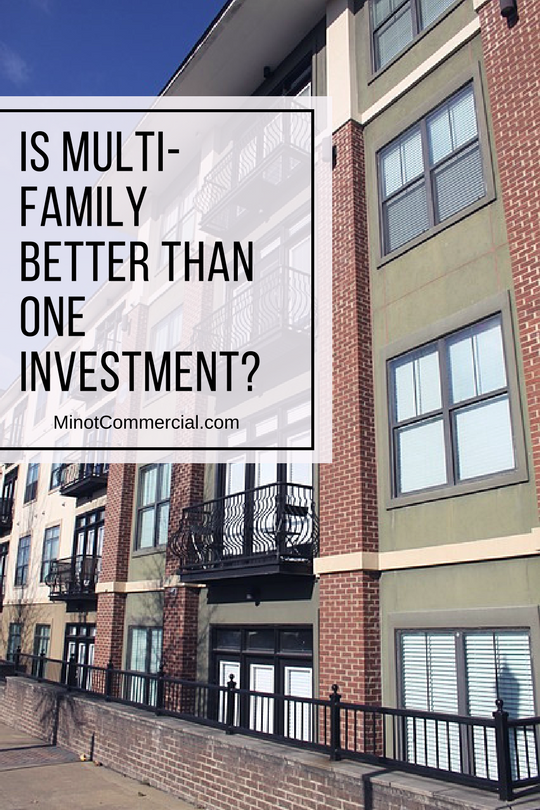
Why is Multi Family Better than Single Family?
Which property is better to buy - a single family home or a multi family building?
So you decided to buy a property in the US, and did you hear that the yields are much better there compared to Israel, excellent?
So which asset should you buy?
The truth! Which I had been deliberating for quite a few years.
On the one hand, buying a private house in SF means that a shekel can sell whenever I feel like it. Really!
not exactly:
- Depending on the season
- We may need to renovate beforehand so that the property will sell easily
- Additional requirements and city laws (like in Ohio) could delay my sale.
- and more ...
Claim: Selling a building takes a very long time, and if I'm stressed on the money, then I may be stuck with the property and will not meet with the money soon. Really!
not exactly. The US real estate market is very diverse, there are many countries where a building that is advertised at the right price is sold after 24 hours. In recent years, there has been a large increase in the demand for housing.
And what about the risk?
very true. When buying a building, the number of tests is much larger and more complex.
There is another risk. If you bought a house that is not good, you have lost a few tens of thousands of dollars. If you make a mistake buying a building, that's another story. And you can lose hundreds of thousands of dollars. There is no chance if there is no risk!
Great beauty, so I want to buy a building!
And how can I tell the difference between a good building and a building?
In order to check the feasibility of purchasing a building, you should check:
Financial level
Demographic level
Market price
Rental price
Expenditure of the building
Soil inspection. If there are gases or toxic substances, the bank will not approve the purchase.
- and more ...
And what about the cost of insurance?
In private insurance cheaper than insurance of building.
Right. But when you weigh the cost of insurance per unit, it comes out cheaper.
I will have better tenants in a private home!
Not exact. I had tenants in a private house that left me a filthy house and stole my refrigerator. It all depends on the screening of tenants, and tests that must be performed before the tenants approve.
What about the risk that the tenants will not pay me rent?
So let's take an example. Suppose I had a private house, and the house was two months before a new tenant came in. So now my yield is significantly lower than I expected. So in the first two months my yield was 0%, and the rest of the year was 100%.
Let's say I have a 10 building, 3 of which is not rented monthly in a year.
So in the first two months I will receive 70% of the return I planned, and the rest of the year 100%.
The risk of obtaining a lease for an investor in buying a yield building is small.
What about the increase in value?
A very important issue, since we Israelis love value increase.
The best is to show an example:
private house -
Buy 100,000 Dollars
The property increased by 20%
The property is worth 120,000 dollars
Gross profit of 20,000 dollars
Building -
Buy at 1,000,000 Dollars
The property increased by 20%
The property is worth 1,200,000 dollars
Gross profit of 200,000 dollars
You can see that our gross profit has doubled by 10.
And it is clear that you will argue:
- who need more money to buy a building,
- And how do I get a mortgage of this magnitude?
And all is true.
There are quite a few considerations in buying a building over a private house, but I hope that I have managed to enlighten you a bit about this subject.
Successfully !
monument
Link to the original post on the United States Real Estate Forum on Facebook - Works on a desktop computer:
http://bit.ly/2Ip7xYT
The original responses to the post can be read at the bottom of the current post page on the site or in the link to a post on Facebook and of course you are invited to join the discussion


























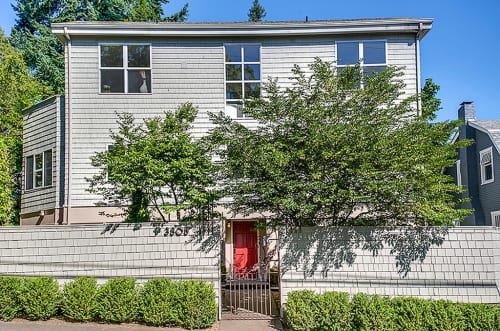






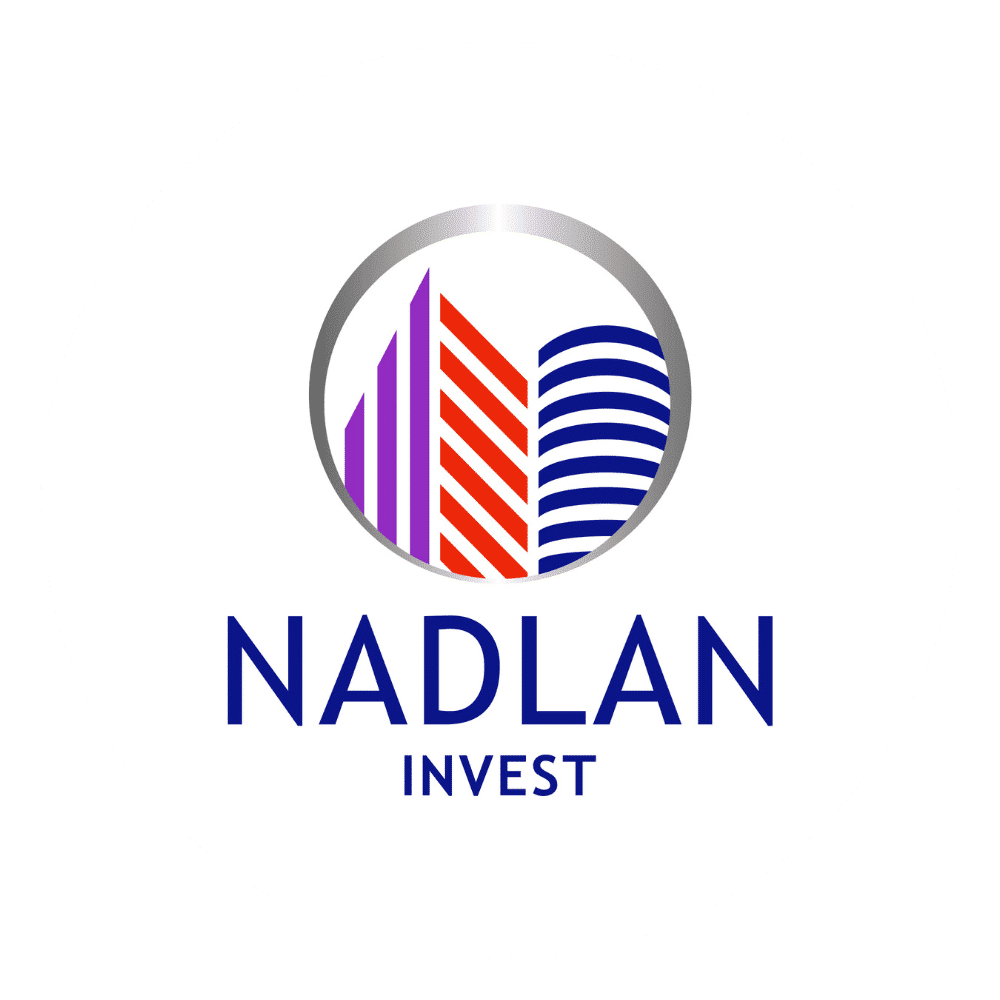





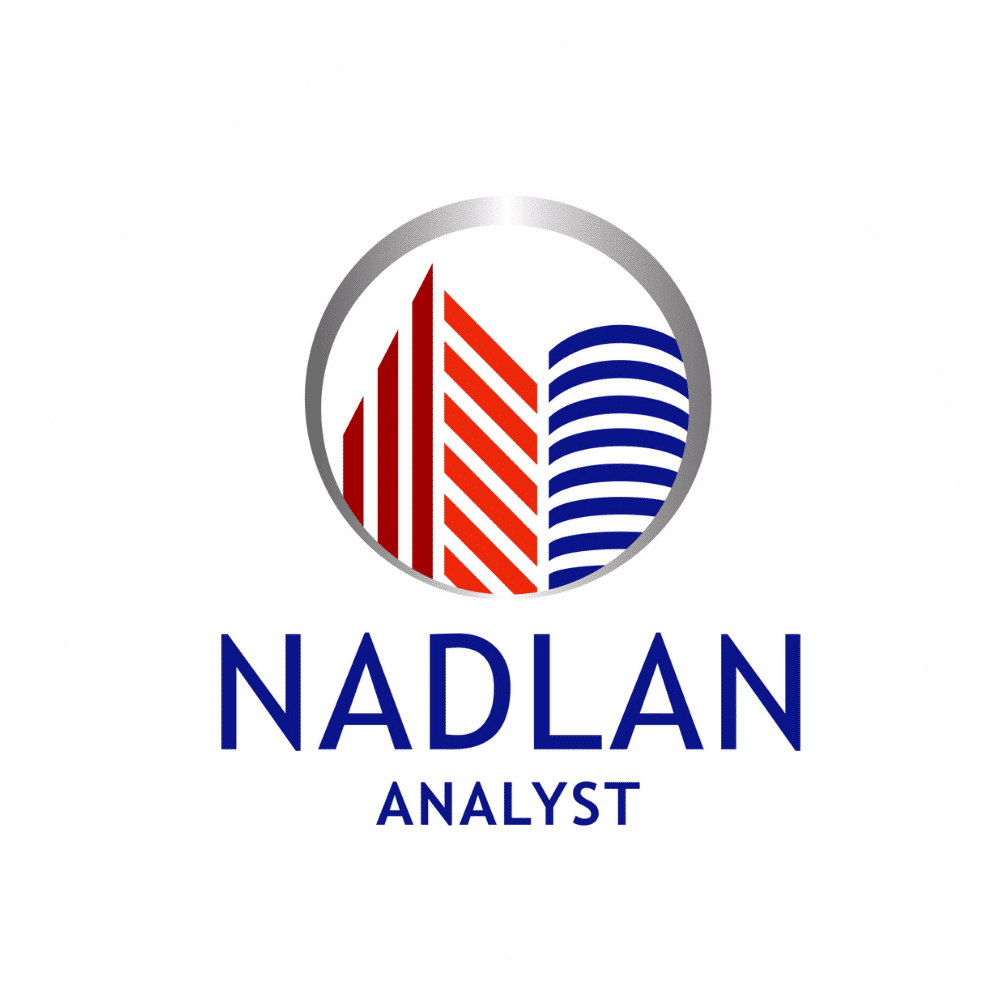
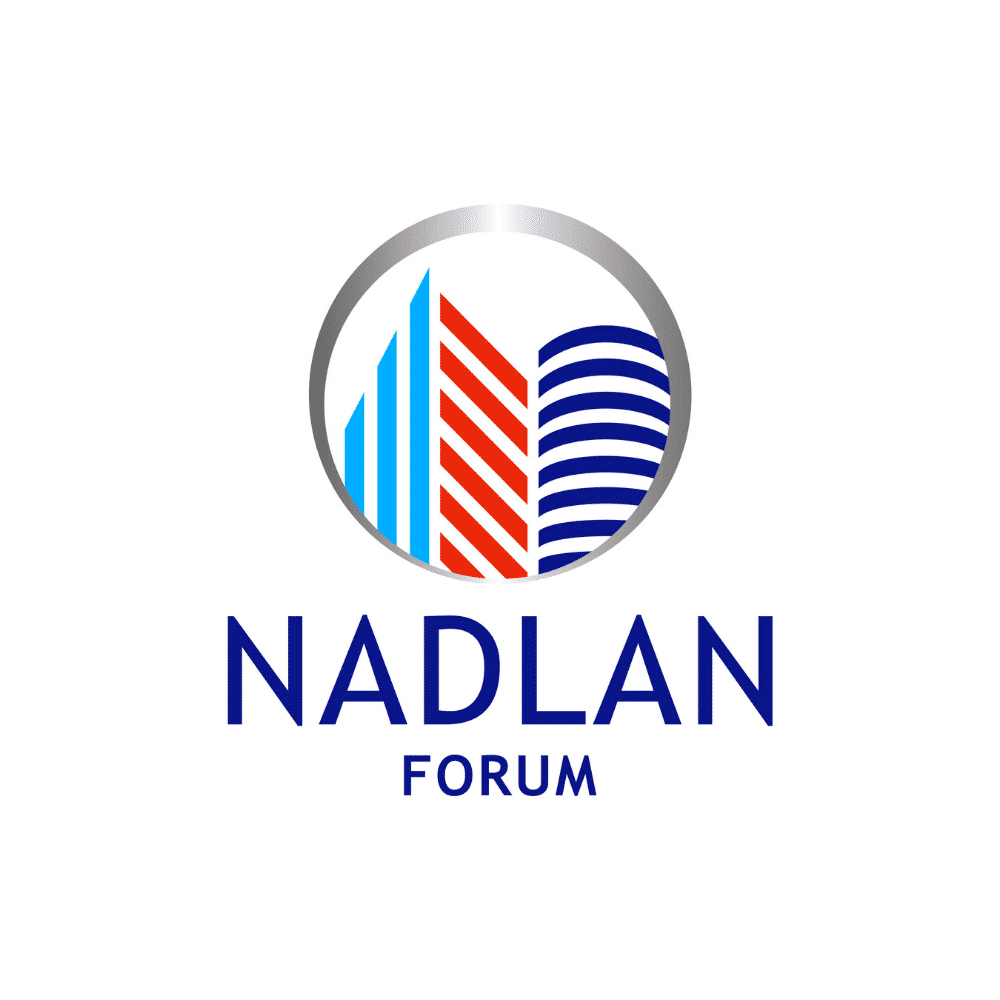
Responses